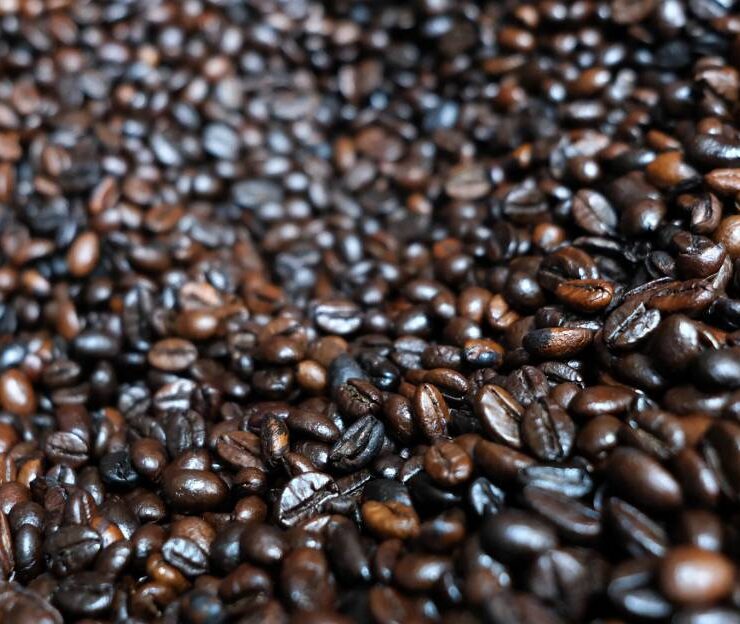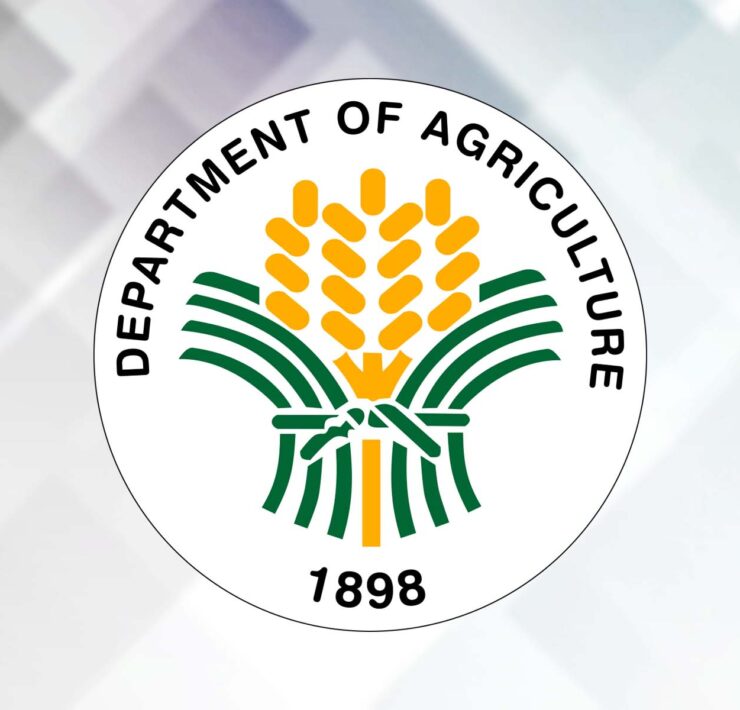PH, South Korea discuss fiscal perks in agri

The Philippines and South Korea are exploring fiscal incentives to boost investments in the local agriculture sector.
The Korea Agricultural Machinery Industry Cooperative (Kamico) met with officials of the Department of Agriculture (DA) early this month, where they discussed various investment incentives for members, including a six-year income tax holiday and a reduction of corporate income tax rate to 20 percent from 25 percent for eligible projects.
Kamico is likewise seeking a follow-up meeting with the Department of Trade and Industry to iron out specifics and assess how member companies can fully benefit from the incentives.
“The delegation also addressed land lease issues, particularly the cost of renting the site in Cabanatuan City,” the agency said in a statement on Tuesday, referring to the Korea Agriculture Machinery Industry Complex in Nueva Ecija province.
The project, situated on a 20-hectare land, is a joint undertaking of the DA and Kamico. It is expected to boost agricultural mechanization and productivity.
Ironing out plans
Agriculture Secretary Francisco Tiu Laurel Jr., Kamico chair Shin Gil Kim and Cabanatuan City Mayor Myca Elizabeth Vergara signed a memorandum of understanding last October to establish the first local agricultural machinery manufacturing cluster.
To ensure the project’s smooth implementation, the DA will coordinate with the local government unit to determine a fair rental rate mutually acceptable to the city and investors.
The DA previously said the planned facility’s key components include creating an assembly production line, research and development in agricultural machinery technology and workforce training.
The DA also said South Korean agri-machinery firm Asia Tech expressed plans to participate in the complex’s development by sourcing local materials and adapting its designs to suit the Philippines’ unique agricultural conditions.
The DA also scheduled a meeting with another South Korean firm, Tong Yang Moolsan, to encourage the latter to explore machinery production for high-value crops such as coffee, cacao, onion and coconut.





















Including the private sector in governance